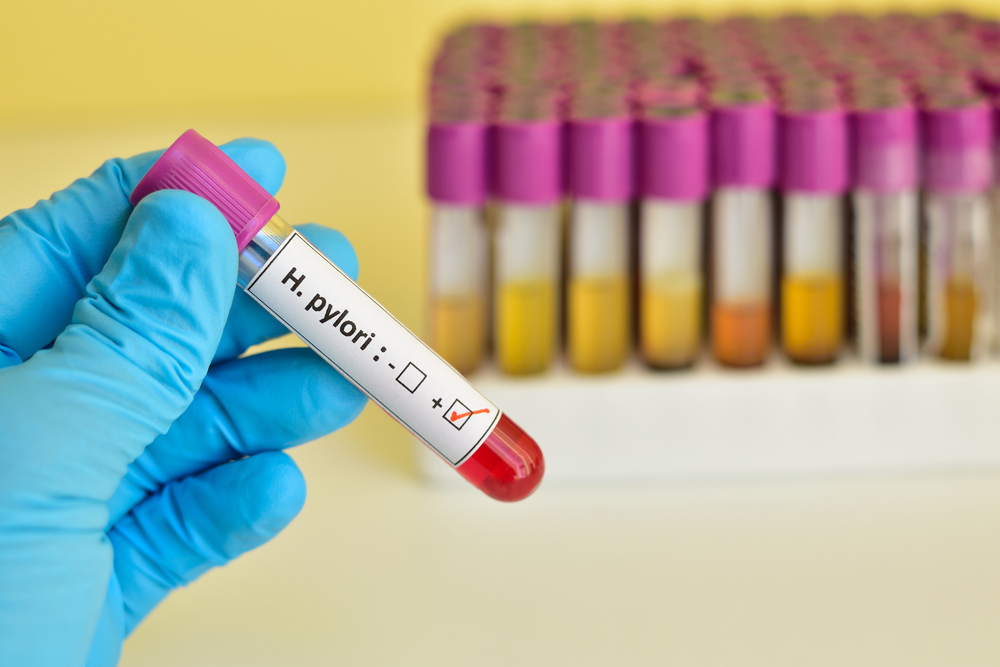Ulcer Bacterium Might Play Role in MS, but More Studies Needed, Greek Researchers Say
Written by |

Secondary progressive multiple sclerosis (SPMS) patients have larger quantities of certain antibodies to the stomach ulcer bacterium Helicobacter pylori than those with relapsing-remitting multiple sclerosis (RMSS), finds a Greek study which also showed that MS patients in general differ from healthy people in this aspect.
Although researchers at the University of Thessaly think an abnormal immune response to the bacterium could in some way be linked to SPMS, they emphasized that their study could not draw any conclusions about cause and effect.
The study, “Immune responses against Helicobacter pylori-specific antigens differentiate relapsing remitting from secondary progressive multiple sclerosis,” appeared in the journal Scientific Reports. It isn’t the first to find a link between H. pylori and MS, but earlier results have been contradictory.
The research team figured that the earlier inconsistency may be related to the type of antibodies measured.
Upon exposure to a microbe, the body produces antibodies as part of its immune response. These antibodies recognize tiny structures on the surface of the microbe rather than the intruder as a whole.
To determine whether antibodies to various proteins on the ulcer microbe’s surface might differ between MS patients and controls, the team recruited 102 patients with RRMS, 37 with SPMS and 68 healthy people. The study also included patients with Alzheimer’s and Parkinson’s diseases.
The team measured the quantities of 14 different Helicobacter antibodies, and found them in 40.2 percent of RRMS patients, 51.4 percent of SPMS patients and 48.5 percent of the controls, with no statistical difference among the groups.
But when looking at individual antibodies, they noted a different pattern: three antibodies were found in significantly lower quantities in MS patients than in controls. While the remaining 11 antibodies did not differ statistically, the quantities were numerically higher in healthy controls than in patients for most of the examined antibodies.
Likewise, SPMS patients had significantly higher amounts than RRMS patients of four specific antibodies: p54-flagellin, p50, p41 and p29-UreA.
Since Helicobacter antibodies become more common with age, researchers decided to compare antibody levels in patients younger and older than 40. Their analysis did not change the result, with the same four antibodies significantly higher in SPMS than RRMS patients. Levels of some antibodies were also linked to clinical features — such as disability level and age at disease onset — in both MS groups.


